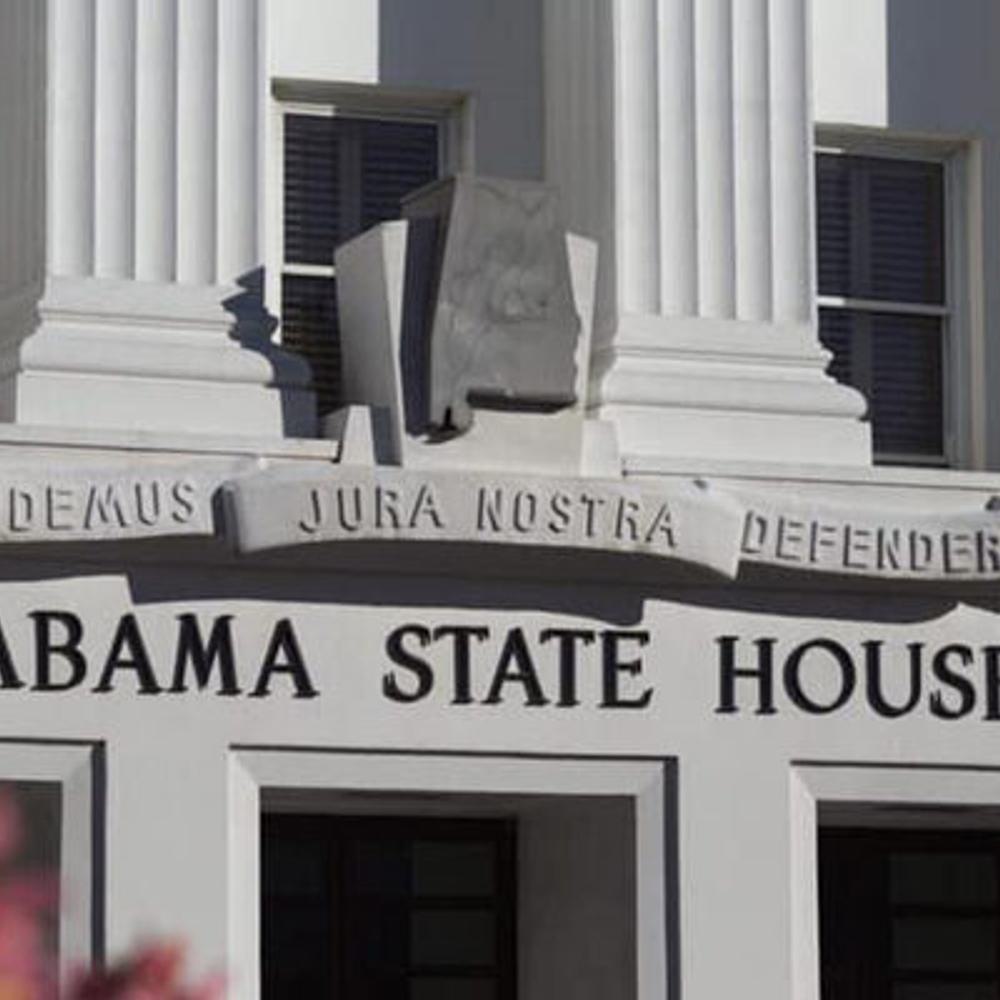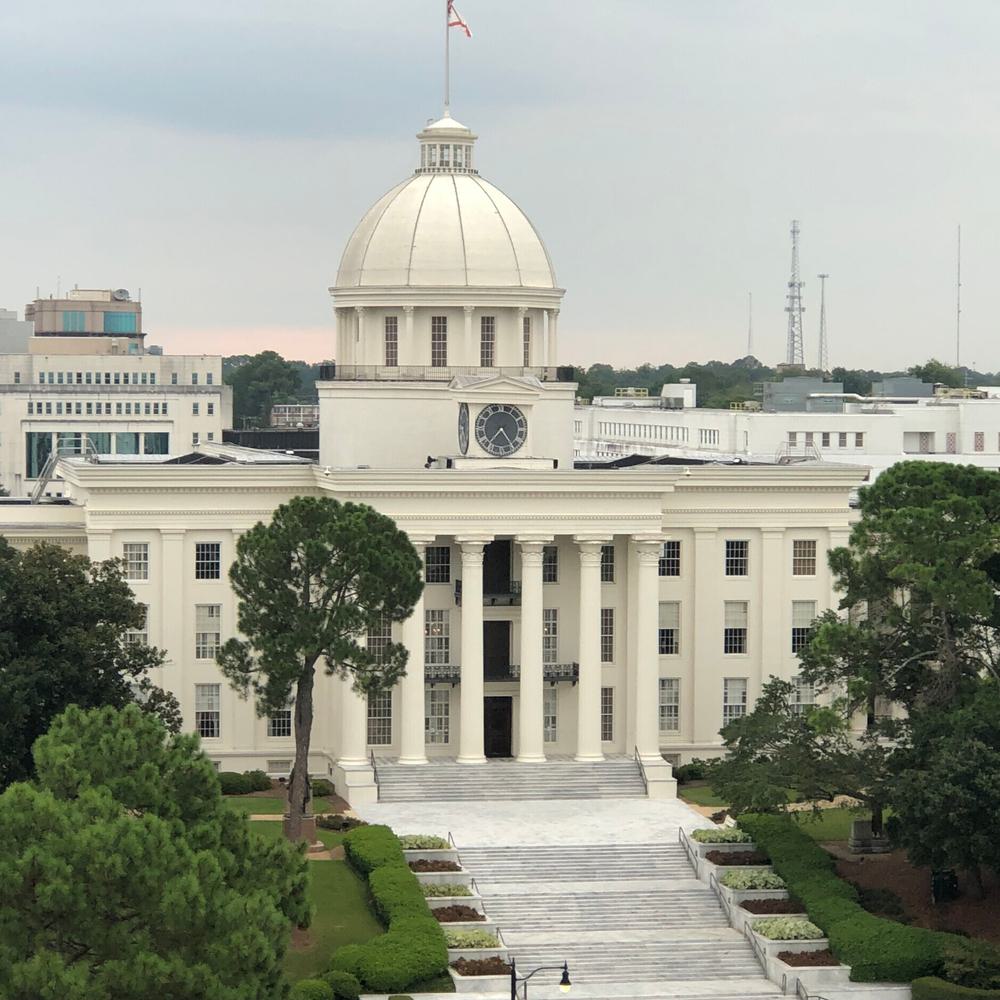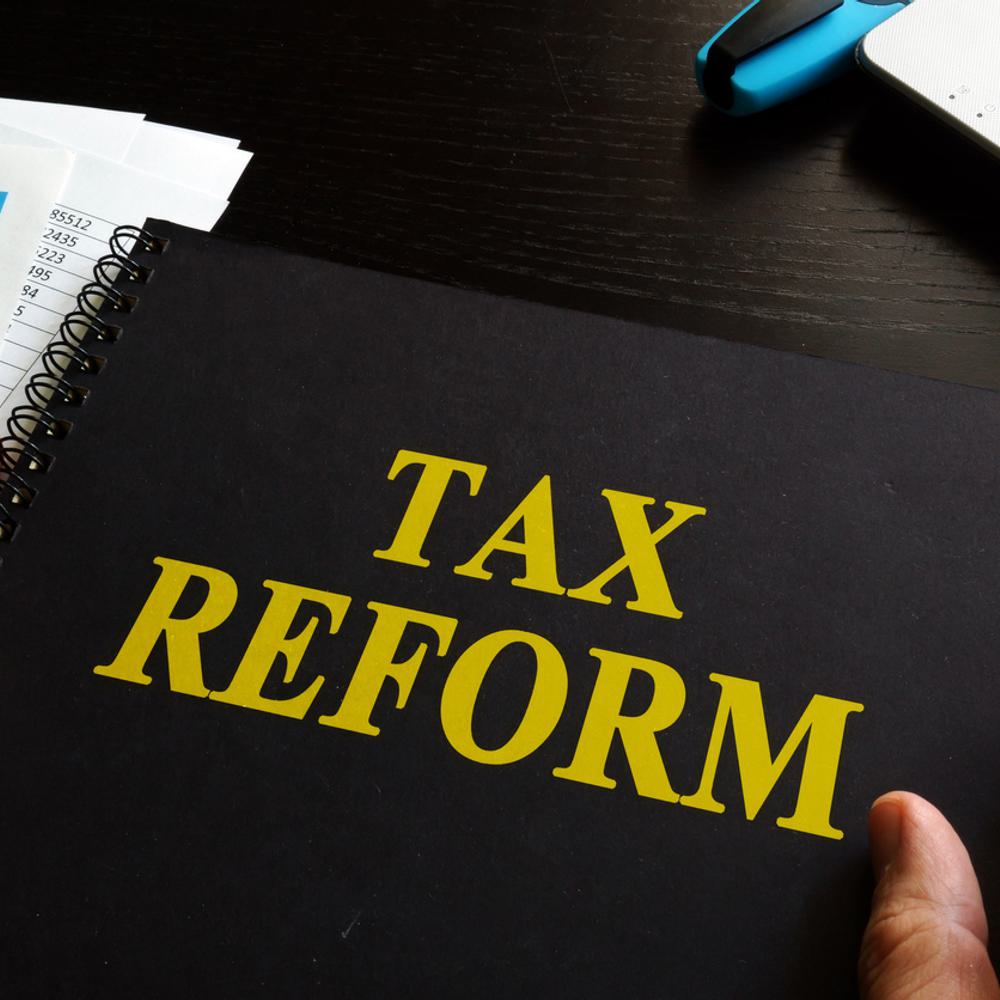Account
Loading...

Listen to the Alabama Policy Institute's Senior Director of Fiscal Policy Justin Bogie on News & Views with Joey Clark as they discuss the rule changes that will be debated in the Alabama legislature beginning Tuesday.

No legislation will pass during the organizational session, but that does not mean that it will not shape the next four years of public policy. We should all be paying attention.

Birmingham Southern College (BSC) says that it needs a $37.5 million infusion of cash to continue operations. Now it is asking state and local officials to lobby Gov. Kay Ivey for bailout funds.

The new year is a time for all Alabamians to reflect on the past and make new resolutions for change. A few resolutions for Alabama’s government are in order to improve the lives of its citizens and the state’s job creators.

Listen to the Alabama Policy Institute's Senior Director of Fiscal Policy Justin Bogie on News & Views with Joey Clark as they discuss the legacy of Richard Shelby and the hope that the new Congress will rein in spending to drive down historic inflation.

Some Alabamians may think it is great that Senator Shelby has brought so much “bacon” back to Alabama. But is it really?

Listen to the Alabama Policy Institute's Senior Director of Fiscal Policy Justin Bogie on News & Views with Joey Clark as they discuss the unwillingness of Alabama political leaders to give real tax relief to struggling Alabama citizens during this time of historic inflation.

Despite early projections that a potential recession may not have as hard-hitting of an impact on Alabama as previously expected, do not expect permanent tax relief for Alabamians in 2023.

It is our duty as citizens to do our own due diligence and separate fact from fiction. The consequences are too great to bury our heads in the sand and accept the status quo.

If there was truly an “emergency” and the funds were needed immediately to allow schools to continue to operate, why does so much of it remain unspent over two years later?

It is a simple choice for lawmakers. They can stop the record growth of government that the state experienced over the past four years and cut taxes, or they can continue to expand the bureaucracy until the money finally runs out.

The basic argument made by Rep. Pringle is that Alabama and the national economy will soon be in a steep decline. Because of this, the inference is that it would be fiscally irresponsible to provide permanent tax cuts to Alabamians.

On its face, it is understandable why Medicaid expansion is tempting for some lawmakers. The federal government currently pays a 90% match rate for states that elect to expand coverage.

As Governor Kay Ivey prepares to enter her second full term in office, could permanent tax relief finally be in the cards for Alabamians? The answer is, maybe, but it still seems unlikely that sweeping tax reforms for citizens are on the horizon.

The talk of the legislature pursuing meaningful tax cuts during the 2023 regular session continues to pick up momentum.

State Sen. Garlan Gudger (R-Cullman) said that a portion of the record surplus should be used to pay off existing state debt and the remainder to “create a savings account.”

In fiscal year 2022, Alabama’s state government collected over $13 billion in total revenue. It marked the fourth straight year that the state has had a revenue surplus of at least $600 million.

The argument that an economic recession is coming, and the state must be fiscally responsible to weather that storm, does not line up with the actions of the legislature over the last four years.

Last Friday marked the end of the 2022 fiscal year. For state government, it was another record-breaking year.

The Alabama Jobs Act is set to expire on July 31, 2023, meaning that economic incentives could be a major topic during next year’s regular legislative session.

As summer turns to fall, the drumbeat for the Alabama Legislature to enact meaningful tax reform legislation has picked up its pace. But there is still no action — only discussion of temporary relief and the same old excuses as to why long-term reforms will be challenging to pursue.

“I think they deserve it.” That is what House Majority Leader Nathaniel Ledbetter (R-Rainsville) said last week when asked about the possibility of using state government’s record revenue surplus to provide Alabamians with a one-time tax rebate.

Why, at a time when Alabama’s state government has its largest surplus in state history, is our legislature not acting more like Missouri and so many other states?

The annual cost of a college education has increased by 182% in the past 40 years. But are college graduates getting more for their money?

When Alabama’s labor participation rate is low, we all pay the price. Businesses continue to struggle with staffing issues. The worker shortage is contributing to near-record-high inflation, putting added stress on the budgets of Alabama families.

Why have so many Alabamians taken themselves out of the workforce? It is in no small part because Alabama’s government makes it much harder to start a career or change an occupation than most states.

“Alabama budgets are in great shape.” That was the message last week from the Alabama Legislative Services Agency’s deputy director Kirk Fulford to a joint meeting of the legislative budget committees in Montgomery.